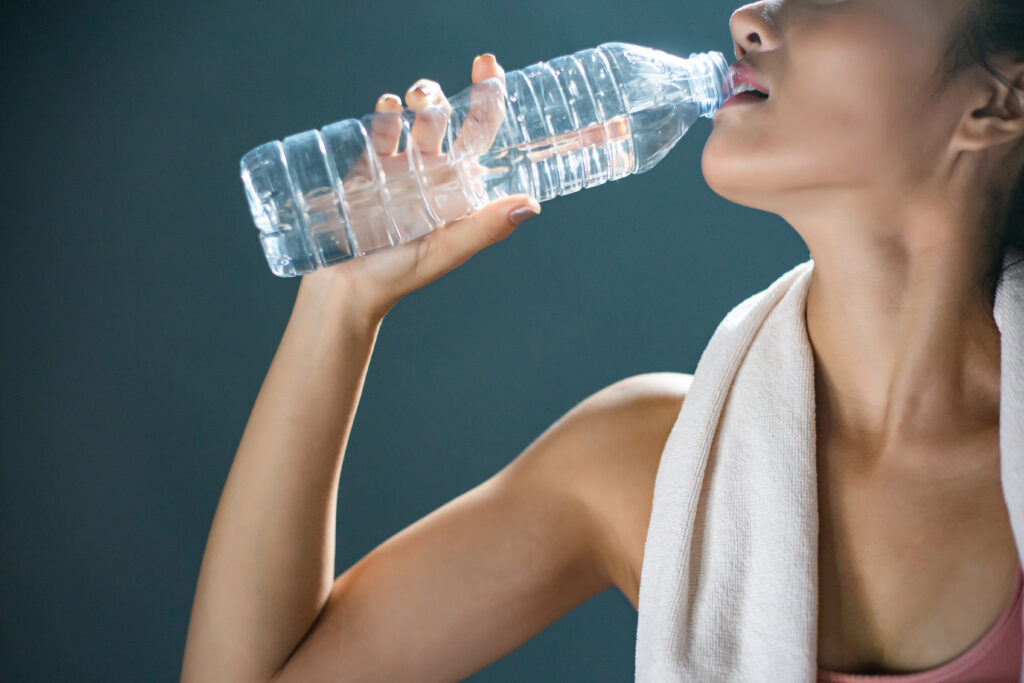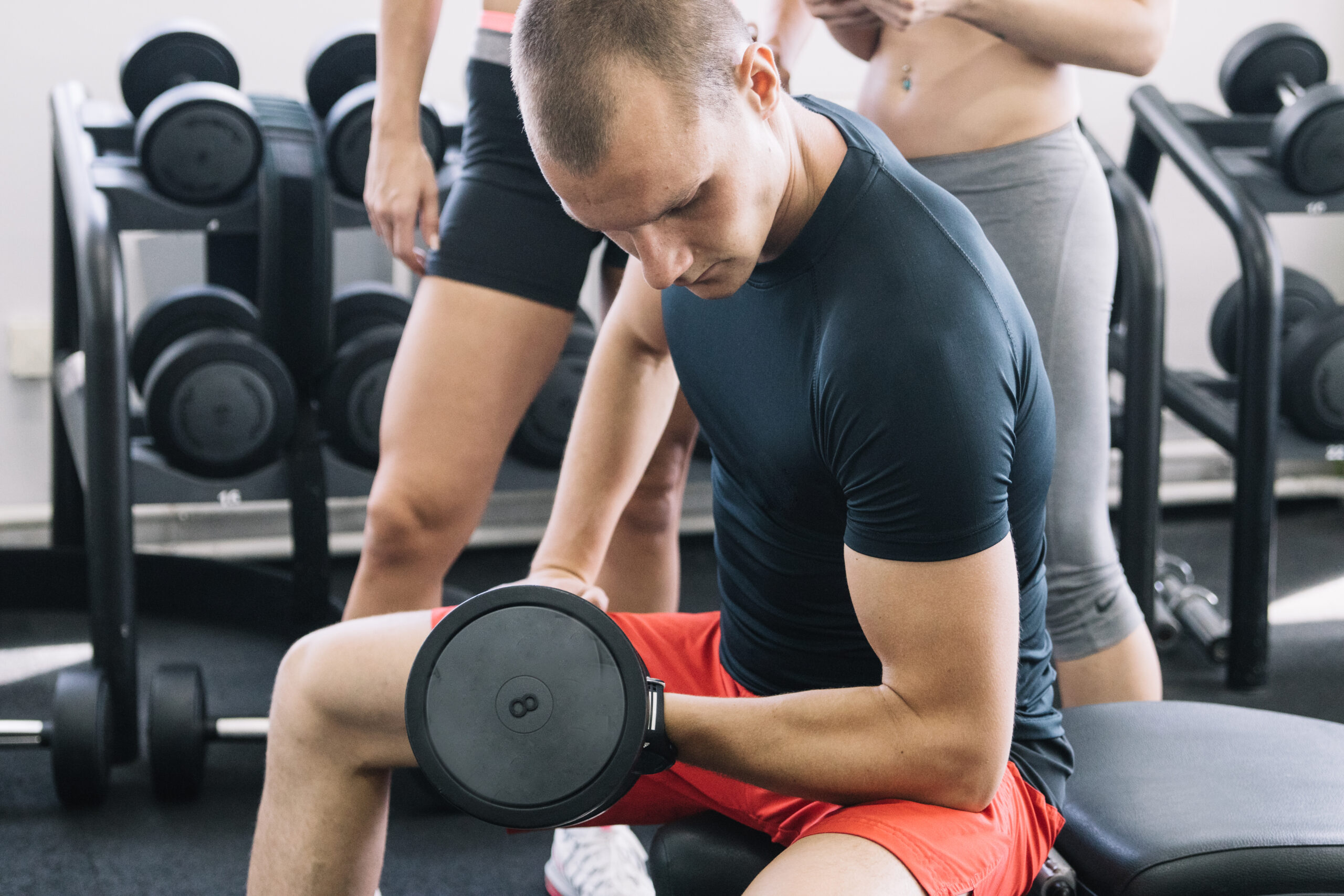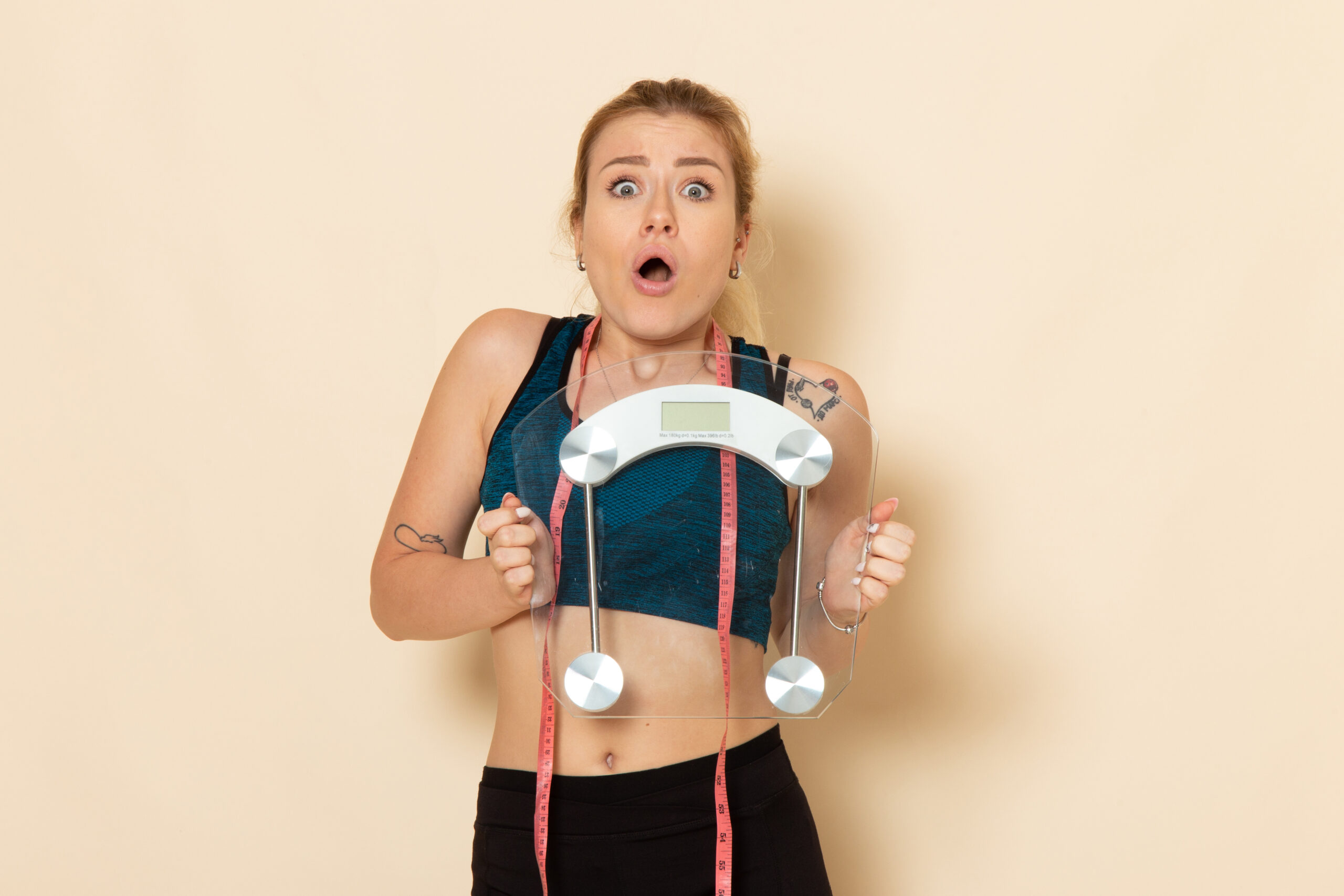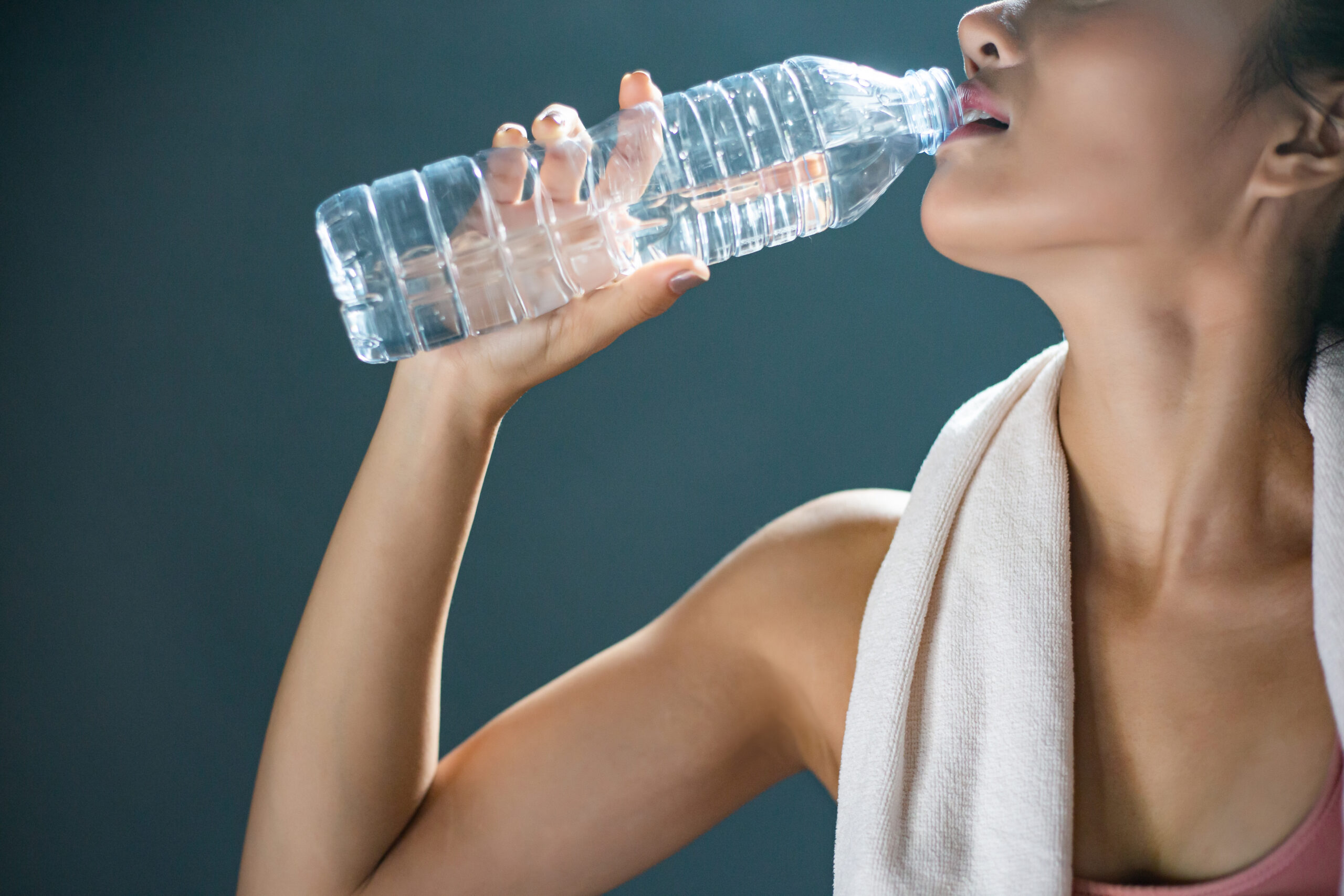Regular physical exercise is essential for maintaining health and well-being. However, we often neglect an aspect that is crucial to the success of our workouts: adequate hydration. In this article, we will explore the benefits of hydration during exercise, the consequences of dehydration, hydration recommendations for exercise, practical tips for staying hydrated, and case examples that illustrate the importance of this habit.

Benefits of Hydration During Exercise
When we exercise, our body loses water through sweat and breathing. Staying adequately hydrated is critical to ensuring the effective functioning of our bodily systems. Some specific benefits include:
Maintaining Water Balance: The human body is made up of around 60% water, and during intense exercise, we can lose large amounts of this precious liquid. By maintaining adequate hydration, we ensure that our organs and tissues function properly.
Body Temperature Regulation: Sweat is the primary mechanism by which the body regulates its temperature during exercise. Water is the main component of sweat, and excessive sweating can lead to dehydration and the body’s inability to properly regulate temperature, increasing the risk of hyperthermia.
Transport of Nutrients and Oxygen: Water plays a vital role in transporting nutrients and oxygen to muscle cells. Adequate hydration ensures that these essential elements are delivered efficiently, promoting muscle health and improving physical performance.
Preventing Muscle Cramps and Fatigue: Dehydration can increase the risk of muscle cramps and fatigue during exercise. This is because water plays a crucial role in contracting and relaxing muscles. Staying hydrated can help prevent these discomforts and prolong muscular endurance.
Improved Physical Performance and Endurance: Studies have shown that even mild dehydration can impair physical performance, reducing endurance and exercise capacity. Therefore, ensuring adequate hydration is essential to achieve the best results in our workouts.
Consequences of Dehydration
Dehydration during exercise can have a series of negative consequences for the body and physical performance:
Reduced Physical Performance Capacity: Dehydration can lead to decreased physical performance capacity, resulting in lower endurance, strength and speed. This can significantly hamper progress on our fitness goals.
Increased Risk of Muscle Injury: Dehydration can make muscles more susceptible to injuries, such as strains and tears. This is because a lack of water can cause muscle stiffness and decrease flexibility, increasing the risk of injury during exercise.
Cognitive Decline and Lack of Concentration: Dehydration can also negatively affect cognitive function, leading to difficulty concentrating, mental confusion and mental fatigue. This can harm our ability to exercise efficiently and safely.
Possible Long-Term Health Complications: Chronic dehydration can lead to a number of long-term health complications, including kidney, gastrointestinal and cardiovascular problems. Therefore, it is crucial to maintain adequate hydration not only during exercise but also throughout the day.
Hydration Recommendations for Exercise
To ensure adequate hydration during exercise, it is important to follow some recommendations:
Adequate Water Consumption: Before exercising, it is recommended to drink around 500 ml of water 2 hours before training. During exercise, it is important to drink water regularly to replace fluids lost through sweat. After exercise, it is important to continue drinking water to rehydrate your body.
Monitoring Body Hydration: A simple way to monitor body hydration is to observe the color of your urine. Clear urine is a sign of good hydration, while dark urine can indicate dehydration. Additionally, it is important to pay attention to signs of thirst and dry mouth, which may indicate the need to drink more water.
Consideration of Individual Factors: The amount of water needed may vary from person to person depending on factors such as exercise intensity, climate, sweat rate and metabolism. Therefore, it is important to adjust water intake according to individual needs.
Practical Tips for Staying Hydrated During Exercise
In addition to drinking water regularly, there are some practical tips that can help you stay hydrated during exercise:
Carry a Bottle of Water: Always carry a bottle of water, keep it with you during training and drink regularly, even if you are not thirsty. Having easy access to water will encourage regular drinking and help prevent dehydration.
Use Isotonic Drinks: For prolonged or intense exercise, consider using isotonic drinks, which contain essential electrolytes, such as sodium and potassium, to replace fluids lost through sweat and maintain the body’s electrolyte balance.
Consume Foods Rich in Water: In addition to drinking water, you can also increase your fluid intake by consuming foods rich in water, such as fruits (watermelon, orange, melon) and vegetables (cucumbers, lettuce, tomatoes). This will not only provide additional hydration but also important nutrients for the body.
Conclusion
Adequate hydration plays a fundamental role in physical performance and well-being during exercise. Staying hydrated is essential to ensure the body functions effectively, prevent injuries, maximize athletic performance and promote long-term health. By following hydration recommendations and adopting simple practices to stay hydrated during exercise, we can reach our fitness goals safely and effectively.
References:
- American College of Sports Medicine (ACSM). Position Stand on Exercise and Fluid Replacement. Medicine & Science in Sports & Exercise. 2007;39(2):377-390.
- Sawka MN, Burke LM, Eichner ER, et al. American College of Sports Medicine position stand. Exercise and fluid replacement. Medicine & Science in Sports & Exercise. 2007;39(2):377-390.
- Casa DJ, Armstrong LE, Hillman SK, et al. National Athletic Trainers’ Association Position Statement: Fluid Replacement for Athletes. Journal of Athletic Training. 2000;35(2):212-224.
- Montain SJ, Coyle EF. Influence of graded dehydration on hyperthermia and cardiovascular drift during exercise. Journal of Applied Physiology. 1992;73(4):1340-1350.











